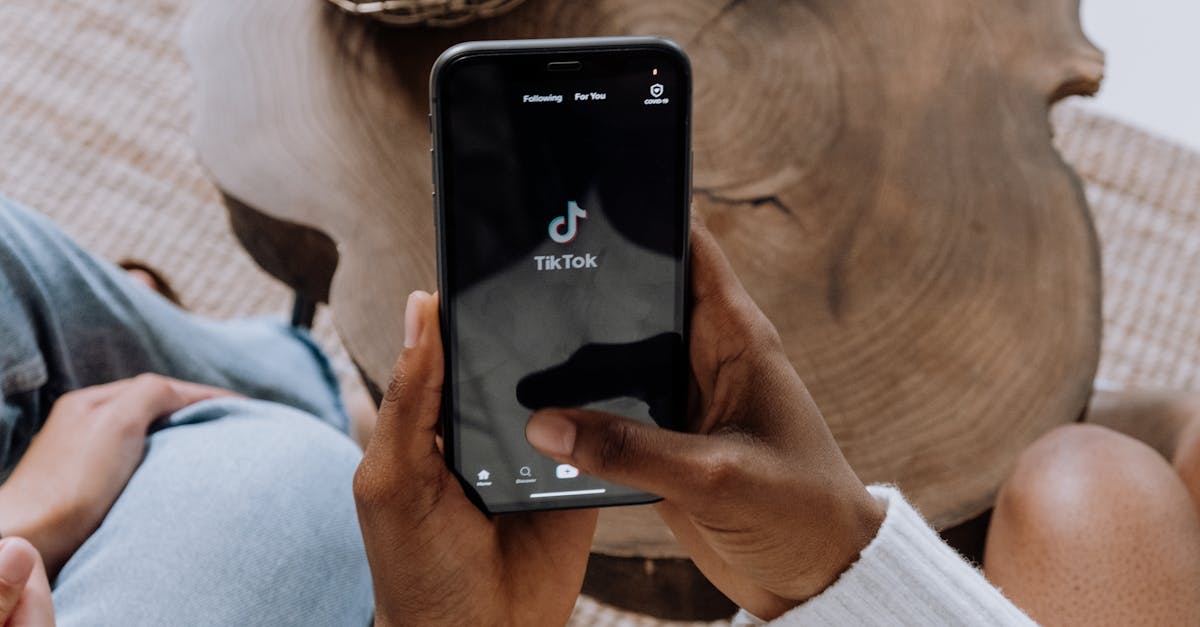President-elect Donald Trump has asked the Supreme Court to delay the implementation of a law set to ban TikTok in the United States starting January 19, 2025, unless the app is sold by its Chinese parent company, ByteDance. The court is scheduled to hear arguments on the case on January 10, less than two weeks before Trump is sworn into office.
Trump Seeks to Pause Ban for Negotiation
In a filing submitted on Friday, Trump’s legal team, led by D. John Sauer, who is also the president-elect’s pick for U.S. solicitor general, requested the court to stay the law’s enforcement to allow the incoming administration to pursue a political resolution.
“President Trump alone possesses the consummate dealmaking expertise, the electoral mandate, and the political will to negotiate a resolution to save the platform while addressing the national security concerns expressed by the Government,” Sauer wrote in the filing.
Trump, who attempted to ban TikTok during his first term but was blocked by the courts, has hinted at a potential compromise that could address national security concerns without resorting to an outright ban.
The Law at the Center of the Case
The Protecting Americans from Foreign Adversary Controlled Applications Act, passed with bipartisan support and signed into law by President Joe Biden in April 2024, requires ByteDance to divest from TikTok or face a U.S. ban. Lawmakers have raised concerns about the app’s potential to share user data with the Chinese government or manipulate content.
Earlier this month, the Supreme Court agreed to hear the case and fast-tracked the schedule for arguments but declined TikTok’s request to pause the law’s implementation. This decision leaves the court with just nine days after oral arguments to issue a ruling or block the law indefinitely.
Trump’s Evolving Stance on TikTok
Trump’s recent engagement with TikTok has drawn attention. In December, he met with TikTok CEO Shou Zi Chew and expressed a “warm spot” for the app, signaling a shift from his previous opposition. This nuanced approach suggests Trump may be willing to negotiate a resolution that balances national security concerns with TikTok’s continued availability in the U.S.
National Security vs. Free Speech
The Justice Department has defended the law, citing legitimate national security concerns over TikTok’s ownership and its potential ties to the Chinese government. In its brief, the department reiterated fears that ByteDance could allow the Chinese government to access data or influence content on the platform.
TikTok, however, has opposed the ban, arguing that it infringes on First Amendment rights and unfairly targets the platform without sufficient evidence of wrongdoing. The company has proposed measures to store U.S. user data domestically to address security concerns, but these efforts have not alleviated lawmakers’ fears.
What’s Next?
As the January 10 hearing approaches, the case has become a flashpoint for debates over national security, free speech, and tech regulation. Trump’s involvement adds a new dimension to the issue, as his administration could shape the future of TikTok in the U.S. through negotiation rather than litigation.
For now, the clock is ticking for ByteDance, TikTok, and the millions of Americans who use the platform daily, as the Supreme Court prepares to weigh the arguments and determine the app’s fate.
Sources:
- Fox News: Trump urges Supreme Court to pause TikTok ban
- Court filings and statements from Trump’s legal team
- TikTok’s response and Justice Department arguments

